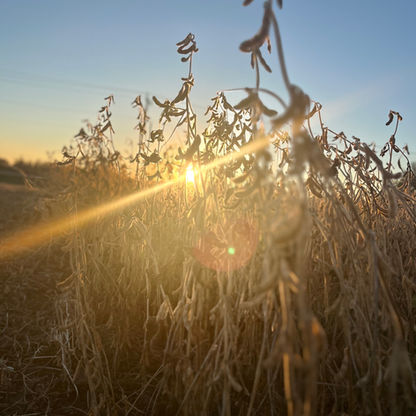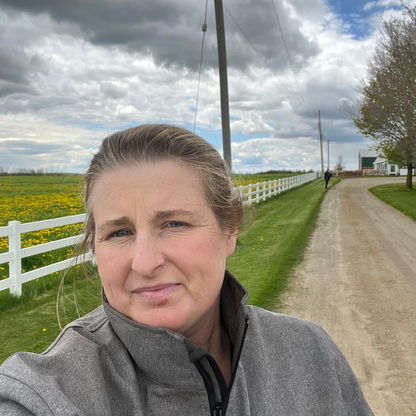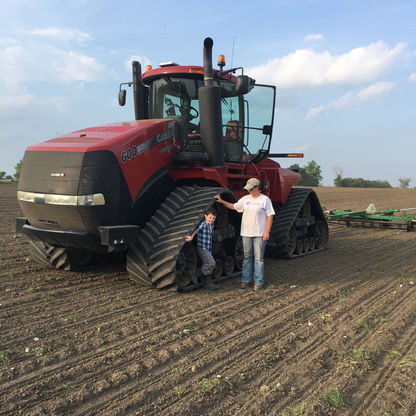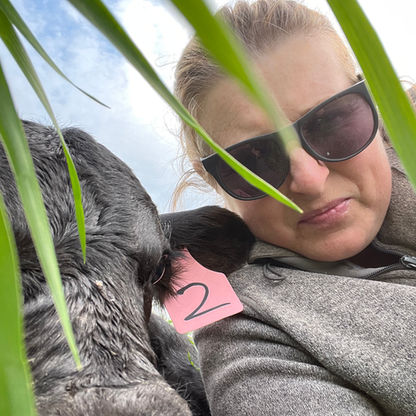Farms

Thinking of Selling a Farm?
Selling a farm involves many unique considerations. With Heather Little of Royal LePage RCR, a specialist in agricultural properties, you’ll receive expert guidance to make the process seamless and profitable.
1. Assess Your Farm’s Value
Property Appraisal: Partner with an experienced professional like Heather to evaluate your farm's market value, taking into account its full potential.
Key Assets to Consider:
-
Land: Soil quality, acreage, and zoning.
-
Buildings: Barns, silos, greenhouses, or storage facilities.
-
Equipment: Tractors, irrigation systems, and machinery.
-
Inventory: Livestock, crops, or stored products.
2. Organize Legal and Financial Documents
-
Title and Ownership: Confirm the title is clear, and all owners agree to sell.
-
Survey and Boundaries: Ensure up-to-date surveys are available.
-
Financial Records: Compile documents detailing income, expenses, and tax history.
-
Zoning and Permits: Verify compliance with local zoning laws and required permits.
3. Prepare the Farm for Sale
-
Enhance Curb Appeal: Maintain buildings, repair fences, and clean up the property.
-
Showcase Features: Highlight unique aspects like organic certifications, specialty crops, or sustainable practices.
-
Resolve Issues: Address concerns such as drainage problems or equipment repairs to attract buyers.
Thinking of Buying a Farm?
Whether you’re starting your farming journey or expanding, Heather Little can help you find the perfect farm to match your vision.
1. Research & Planning
-
Define Your Farm Type: Decide what you want to grow or raise (e.g., crops, livestock, or specialty products like honey or mushrooms).
-
Market Research: Understand demand and identify potential buyers (e.g., local markets, grocery stores, or restaurants).
-
Business Plan:
-
Outline your goals and vision.
-
Estimate startup costs and revenue.
-
Plan operational details, including land use, equipment, and workforce needs.
-
2. Understanding Legal Requirements
-
Business Registration:
-
Register your farm with the Ontario Ministry of Government and Consumer Services.
-
Obtain a Business Number (BN) from the Canada Revenue Agency.
-
-
Licenses and Permits: Secure necessary permits for activities like animal husbandry, organic certification, or food processing.
-
Zoning and Land Use: Verify the land’s agricultural use under local bylaws or apply for changes if needed.
3. Find the Right Land
-
Evaluate Suitability: Assess soil type, water availability, and climate for your chosen crops or livestock.
-
Access Land: Explore farmland through real estate listings, agricultural organizations, or local networks.
4. Acquire Equipment and Inputs
-
Machinery and Tools: Purchase or lease essentials like tractors, plows, and irrigation systems.
-
Inputs: Source seeds, fertilizers, and livestock from trusted suppliers.
5. Build Infrastructure
-
Construct or upgrade barns, greenhouses, or storage facilities.
-
Install fencing, irrigation, and other necessary utilities.
6. Start Farming
-
Prepare your land with plowing, tilling, and fertilizing.
-
Begin planting or raising livestock.
-
Monitor progress and refine practices to improve results.
7. Market and Sell Your Products
-
Marketing Strategy:
-
Sell directly at farmers' markets or roadside stands.
-
Partner with local restaurants or stores.
-
Explore online sales and delivery options.
-
-
Regulatory Compliance: Adhere to food safety standards for processing and selling products.
-
Farming thrives on community. Build connections with like-minded farmers and agricultural organizations in Ontario.
-
Attend farming conferences, workshops, and networking events to learn and share experiences.
-
Join local communities for ongoing support and guidance.
-
Regularly evaluate and improve operations.
-
Expand to new markets or diversify offerings as your expertise grows.









